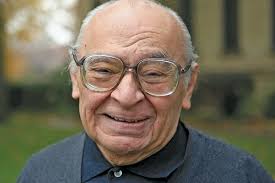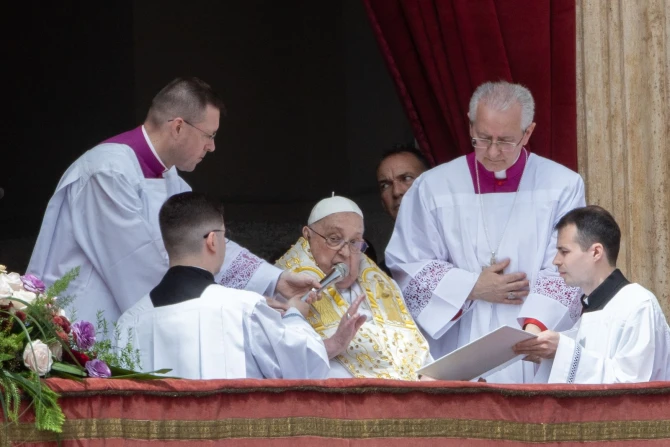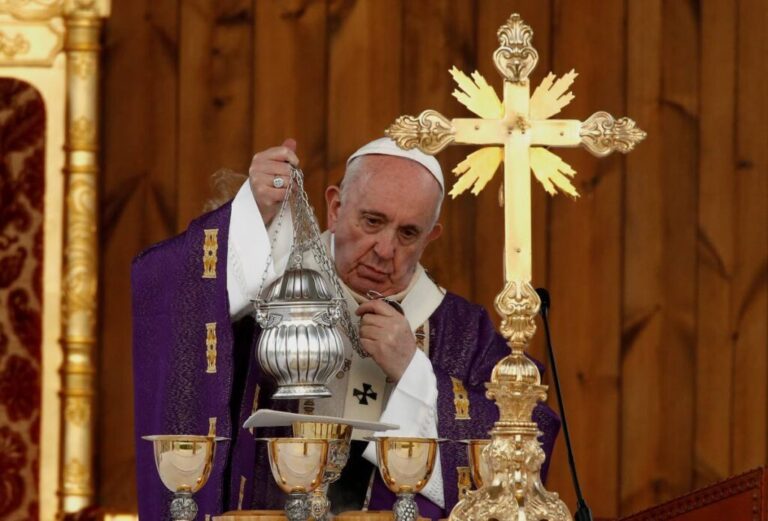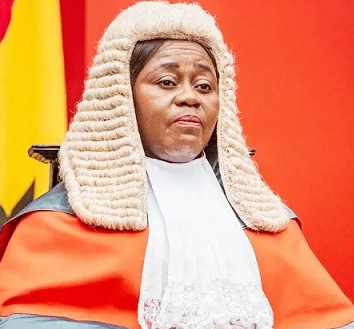
How the Peruvian Priest influenced the Fathers of Integral Mission.
Gustavo Gutiérrez Merino, the father of liberation theology and Catholic theologian who first argued for a “preferential option for the poor,” died on October 23 at the age of 96.
The Peruvian priest’s ministry was heavily influenced by the injustices he observed in his country. For years, under the hacienda system, just 2 percent of Peruvians controlled 90 percent of the land, while sharecroppers earned pennies farming it and laborers worked in slave-like conditions on the estates.
In 1968, a coup tried to end this arrangement and empower peasant workers. But the many people left behind by these reforms soon left the haciendas, relocating to impoverished settlements outside Lima.
Moved by this suffering, Gutiérrez, a member of the Dominican order, published his most influential book, A Theology of Liberation: History, Politics, Salvation, in 1971, arguing that genuine liberation unfolds in three essential aspects. First, political and social liberation addresses and eliminates the immediate causes of poverty and injustice. Second, the poor, marginalized, and oppressed are freed from conditions that limit their capacity for dignified self-development. Third, these communities are liberated from selfishness and sin and can now restore broken relationships with God and others.
When priests began embracing liberation theology across Latin America, the Vatican pushed back, criticizing its seemingly Marxist influence and reduction of Jesus’ status of divine savior to that of social liberator. However, distinct from other advocates of liberation theology, Gutiérrez was never sanctioned by the Catholic hierarchy.
Though Latin America was still overwhelmingly Catholic in the early days of Gutiérrez’s ministry, many of the region’s earliest evangelical leaders came of age wrestling with similar questions. These ideas led fellow Peruvians like Samuel Escobar and Pedro Arana and Ecuadorian René Padilla to develop misión integral or integral mission, which sought to balance Christian responsibility to share about Christ’s saving work with a duty to respond to social inequities.
CT asked evangelicals familiar with the life and work of Gustavo Gutiérrez to share how liberation theology affected Latin American evangelical theology, practice and growth. Answers were edited for clarity and concision.
Source: Christianity Today







